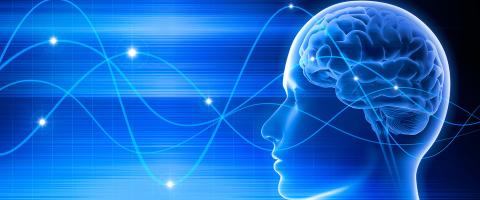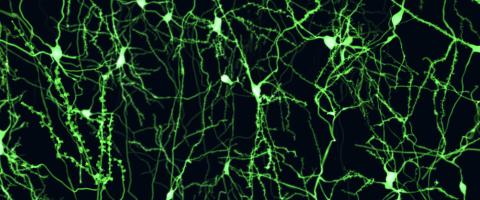
One of the great challenges for psychiatric research is arriving at a reliable way of diagnosing bipolar disorder, and doing so as early in the course of the illness as possible so as to boost the…
Read More

In people who experience a first psychotic episode—often the prelude to schizophrenia and related disorders—the individual’s response to antipsychotic medicines can be crucial, and typically, varies…
Read More

Researchers say they have identified an objective biomarker of recovery in major depression that in a small cohort of treatment-resistant patients was able (on an ongoing basis) to capture whether…
Read More

The symptoms of obsessive-compulsive disorder (OCD) can be debilitating. Those affected experience intrusive, distressing, and often irrational thoughts (“obsessions”) which are accompanied by…
Read More

Researchers studying changes in levels of stress and appetite hormones in women recovering from the eating disorder anorexia nervosa (AN) report that it may be possible to predict certain serious…
Read More


